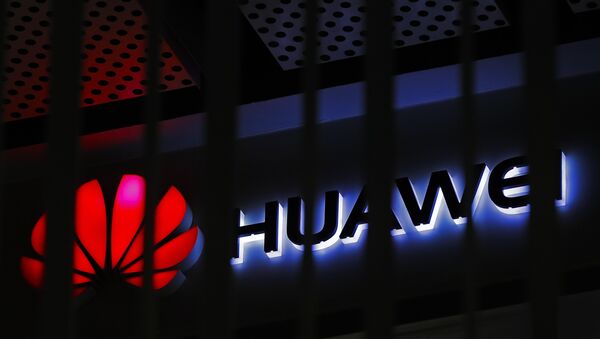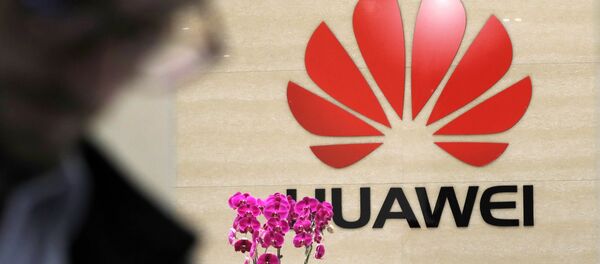New Delhi (Sputnik): Leading Chinese telecom equipment manufacturer Huawei was asked by Pakistani authorities to remove all ‘extra' wi-fi cards that were installed in CCTV camera cabinets in the city of Lahore after they were discovered by Pakistan's Punjab Safe City Authority (PSCA), the BBC has reported.
The CCTV surveillance systems were set up in Lahore after there were a series of terror attacks which rocked the city in 2016 in the Punjab Province of Pakistan.
The PSCA officials admitted that the inclusion of wi-fi transmitting cards was mentioned in the bidding documents, but according to a source associated with the project, the reference to this was obscure, the media report added.
While it is true that such mechanisms can and do make it easier for engineers to track down malfunctions or other operational problems without opening the cabinets up, the Pakistani authorities found that Huawei had not provided any app to make use of the wi-fi link. Moreover, the CCTV cabinets already could be managed by the surveillance system's main control network system.
"Huawei responded to the request for their removal with promptness and has fully complied with our directions," the chief operating officer of the PSCA said, as quoted by the BBC.
Security expert Alan Woodward opined that whenever remote connectivity is granted to someone for the ‘benefit of convenience' there are also dangers of opening up doors for attack.
"As soon as you give someone another method for remote connectivity you give them a method to attack," Alan Woodward told the BBC.



